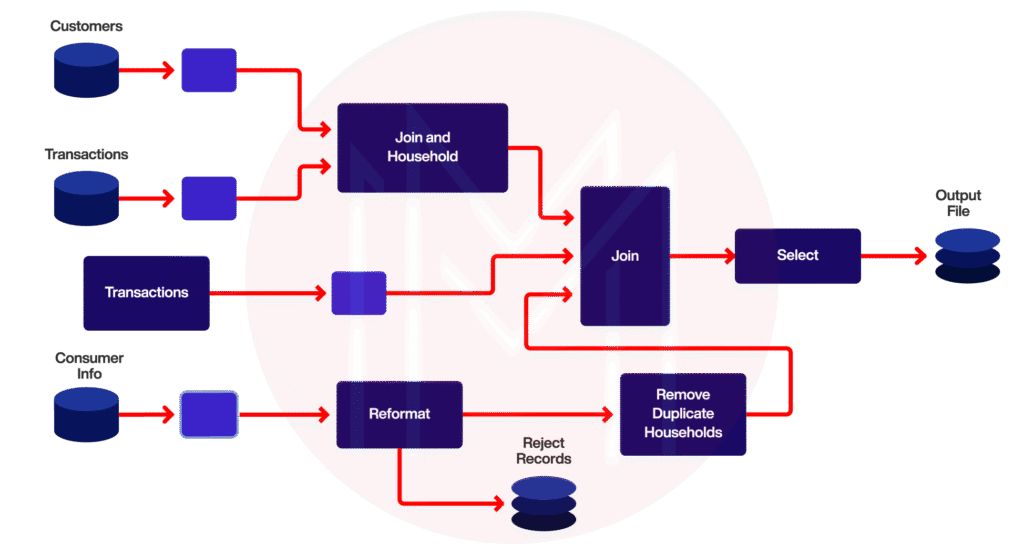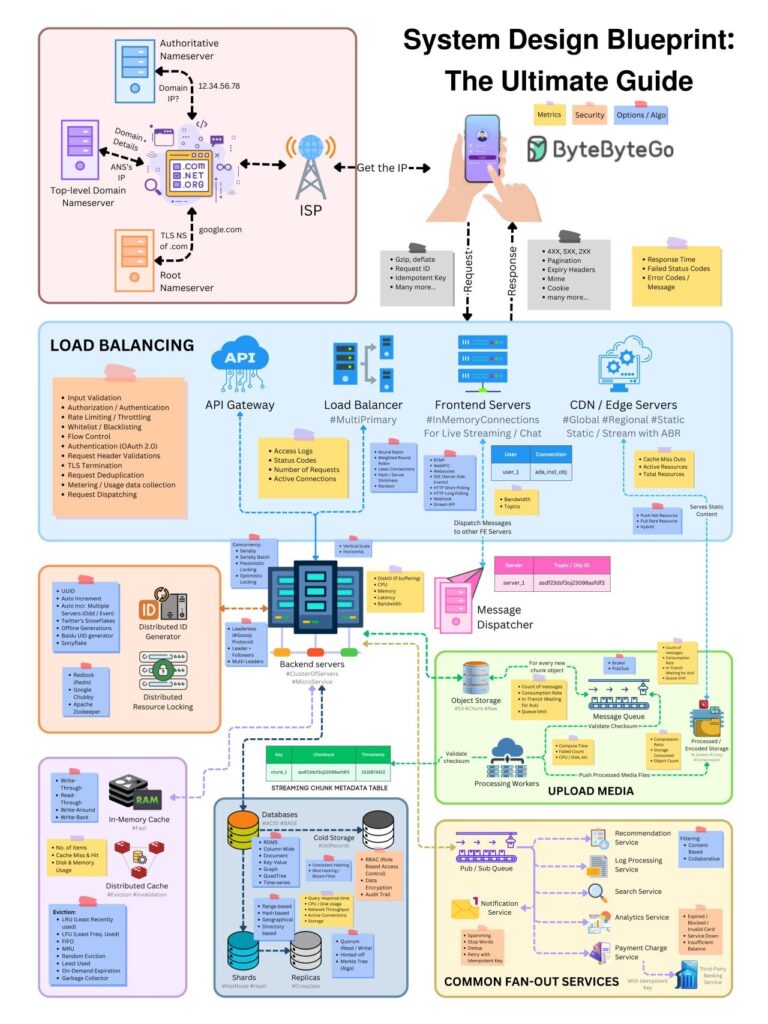

NoOps, short for “No Operations”, is a concept in software development and IT operations where the need for a traditional operations team is minimized—or entirely eliminated—by fully automating infrastructure, deployments, monitoring, and scaling through advanced tools, platforms, and practices.

🔍 What Does NoOps Mean?

In a NoOps environment, developers can deploy, manage, and monitor their applications without needing to interact with infrastructure teams or DevOps engineers. This is typically achieved using:
- Platform-as-a-Service (PaaS)
- Infrastructure-as-Code (IaC)
- Serverless computing
- CI/CD automation
- AI/ML-powered observability and self-healing systems
💡 Key Features of NoOps
- 🚫 No manual intervention for operations tasks
- ⚙️ Full automation of provisioning, scaling, backups, and monitoring
- 🔁 Continuous deployment and feedback loops
- ☁️ Heavy reliance on cloud-native services (e.g., AWS Lambda, Google Cloud Run)
- 🤖 Self-healing and AI-driven automation for issue resolution
🆚 NoOps vs DevOps
| Feature | DevOps | NoOps |
|---|---|---|
| Human Ops Involved | Yes (collaboration between Dev + Ops) | Minimal or none |
| Automation Level | High, but may require manual oversight | Fully automated |
| Use Case | Suitable for complex environments | Suitable for cloud-native apps |
| Primary Focus | Collaboration & automation | Complete automation |
✅ When Is NoOps a Good Fit?
- You are building greenfield applications with cloud-native architecture
- You rely heavily on serverless or managed services
- Your operations processes are mature and standardized
- You want to reduce human error and operational overhead
❗ Limitations of NoOps
- Not ideal for legacy systems or hybrid infrastructures
- Requires significant upfront investment in automation and tooling
- May introduce vendor lock-in (e.g., relying solely on AWS or Azure)
- Complex systems may still need SRE or DevOps oversight
📌 Summary
NoOps is not the end of operations—it’s the evolution of operations. It’s a natural progression in environments where automation, cloud services, and developer empowerment are fully embraced. While not suitable for every organization, NoOps offers incredible potential for speed, scalability, and cost-efficiency in the right contexts.